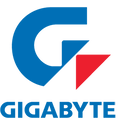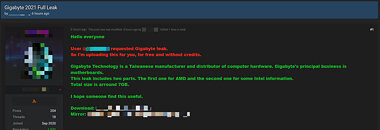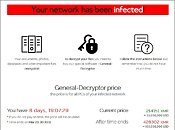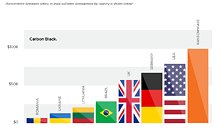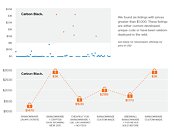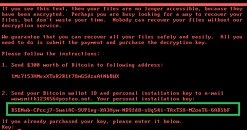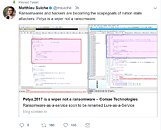Cigent Technology, a company specializing in data security, has unveiled its unique Cigent Secure SSD+ drives. In contrast to the earlier Secure SSD series, the SSD+ incorporates a cutting-edge AI microprocessor that leverages machine learning (ML) to combat ransomware attacks and protect drive data. The Cigent Secure SSD+ emphasizes a proactive approach, integrating attack prevention within the storage. Its AI microprocessor applies ML algorithms to monitor SSD activity, mitigating ransomware threats. Users can customize detection sensitivity to reduce false positives. Working with Cigent Data Defense software, the Secure SSD+ provides several protective layers upon detecting potential attacks. It can initiate a "Shields Up" mode, demanding multi-factor authentication (MFA) for accessing secure files. The software can also auto-secure drive data or set read-only mode, preventing unauthorized access or modifications.
When an attack is detected, the software notifies security personnel to activate "Shields Up" on other Cigent-protected network systems. The Cigent Secure SSD+ logs data access, allowing a review of all activity performed on the drive. The company has also introduced safeguards to deter bad actors from disabling security features. However, the Cigent Secure SSD+ has limitations. To perform as intended, future users of these drives need to install them as their primary storage, and for now, only Windows OS is supported. We expect to see expansion to Linux as well, as software enablement for Linux happens. Also, the ML algorithms used are unknown, leaving everyone wondering about their effectiveness. As far as exact specifications, pricing, and availability, we have yet to have data for now but don't expect it to come cheap. The regular Secure SSD can cost over 1,000 USD for a 1 TB option. Additionally, Cigent has confirmed that these SSDs come in a standard M.2 2280 drive form factor, with mentions that it is a double-sided design, so some ultra-thin laptops could not support it. On the
company website, Cignet offers a pre-order option, where you need to fill out a form.















